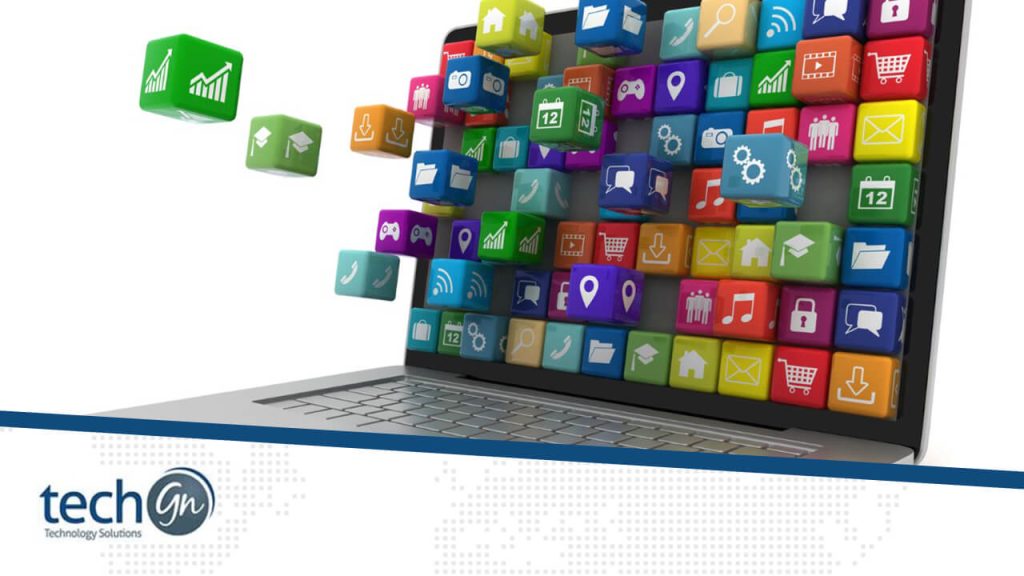Computers have grown from being simply tools to necessary companions in an era where technology is profoundly interwoven in our daily lives. Whether you’re a professional, a student, or someone who enjoys leisure activities, the software you use has a significant impact on the efficiency and usefulness of your computer. This blog post will walk you through the main software tools that may turn your computer experience into a smooth and productive one.
Essential Software
Operating System
The operating system on your computer is the foundation of its operation. It is critical to select one that meets your demands and tastes. Microsoft Windows has a familiar interface, MacOS has a modern appearance and is user-friendly, while several Linux variants enable customization and solid security features.Antivirus Software
As cyber threats change, having dependable antivirus software is critical. Avast, Norton, or the built-in Windows Defender can protect your computer from malware, viruses, and internet threats.Web Browser
Most people use the internet on a daily basis. It is critical to use a fast and secure web browser. Google Chrome, Mozilla Firefox, and Microsoft Edge are popular options, each with its own set of features, performance, and security standards.Office Suite
An office suite is essential for productivity. Microsoft Office is a complete option, Google Workspace allows for cloud collaboration, and LibreOffice is a free and open-source alternative that includes all of the tools you need for word processing, spreadsheets, and presentations.Media Player
A functional media player is required to enjoy multimedia content. VLC Media Player is well-known for its versatility, as it supports a wide range of file types and codecs, allowing you to view and listen to your favorite content without interruption.File Compression Tool
Using a file compression tool makes managing enormous files simple. WinRAR and 7-Zip are popular file compression and decompression utilities that allow you to easily compress and decompress files, optimizing storage space and aiding effective data management.Security and Privacy Tools
Use tools like a Virtual Private Network (VPN) to secure your identity and encrypt your internet connection to improve your online security. Password management software, such as LastPass or 1Password, keeps your login details safe.Graphics Editing Software
Basic picture editing becomes necessary for a variety of tasks. While Adobe Photoshop is the industry standard, free competitors such as GIMP and Canva offer significant capabilities to both pros and casual users.Backup Software
The security of your data is non-negotiable. Backup software such as Acronis True Image or Windows Backup and Restore automate the backup process, ensuring that your critical files are safeguarded against unforeseen catastrophes.Note-taking Apps
Note-taking applications make it easier to stay organized. Evernote, Microsoft OneNote, and Simplenote can help you organize your thoughts, to-do lists, and critical information.Communication Tools
Effective communication tools are critical in today’s linked environment. Slack and Microsoft Teams promote team collaboration and communication, whereas Skype, Zoom, and Microsoft Teams facilitate video conferencing.Web Development Tools
When it comes to coding, version management, and testing in web development, tools like Visual Studio Code, GitHub Desktop, and a web browser developer console become vital.Bottom Line
The foundation of a happy and productive computing experience is selecting and maintaining the correct software on your computer. Regularly upgrading your software guarantees that you have access to the most recent features, enhancements, and security updates, ensuring that your computer stays a powerful and dependable tool for work, play, and everything in between. To get the most out of your digital adventure, spend time learning and adapting these crucial software tools.Reviews
Tailoring Solutions


